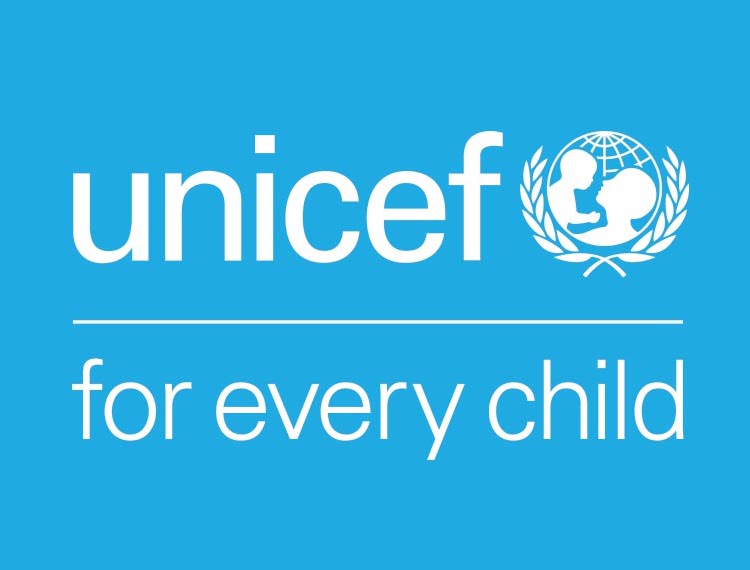A Third of Youth Surveyed Globally by UNICEF Say Their Education Is Not Preparing Them With the Skills to Get Jobs

@PwC and @UNICEF join forces to boost youth #skills worldwide
An online poll of 40,000 young people in over 150 countries reveals that many young people feel their current education is not preparing them with the skills they need to get jobs.
One third (31 per cent) of the young people responding via the UNICEF engagement platform U-Report say that the skills and training programmes offered to them did not match their career aspirations. More than a third of respondents (39 per cent) go on to say that the jobs they seek are not available in their communities.
According to the poll, the key skills young people want to acquire in order to help them gain employment in the next decade include leadership (22 per cent), followed by analytical thinking and innovation (19 per cent), and information and data processing (16 per cent).
Separately, PwC’s 23rd Annual Global CEO Survey found that 74% of CEOs around the world said they are concerned about finding the right skills to grow their business.
To address some of these challenges, UNICEF and PwC are joining forces over the next three years to help equip young people around the world with the skills they need for future work. The collaboration will support research on the growing global skills challenge and develop, expand and fund education and skills programmes in countries including India and South Africa.
“Young people are telling us they want digital and transferable skills to succeed in the workplace of the future,” UNICEF Executive Director Henrietta Fore said.
“This crucial need can only be met through the contributions of public and private partners around the globe. That is why we are working with partners like PwC to provide opportunities for personal growth and prosperity for young people everywhere.”
Every month, 10 million young people reach working age, most of them coming from low and middle-income countries. According to a global research, it takes young people in those countries about a year and a half on average to break into the labour market, and a staggering four and a half years to find their first decent job.
Will robots really steal our jobs? This situation could potentially further deteriorate if it isn’t addressed, with 20-40% of the jobs currently held by 16-24 year olds assessed to be at risk of automation by the mid-2030s.
“We believe business has a responsibility to help address the upskilling challenge for all of our stakeholders, including the communities in which we live and work and all of their citizens. It also makes business sense: in PwC’s latest Global CEO Survey, three quarters of CEOs said the lack of available skills is a major concern and risk. Many of the people who need upskilling the most have the least access to opportunities,” said Bob Moritz, Chairman of the PwC Network.
“By joining forces with UNICEF, we believe we can help reach more people who may otherwise be unwillingly left behind. Together, we aim to upskill millions of young people.”
The collaboration between UNICEF and PwC will support the World Economic Forum’s Reskilling Revolution Platform, of which both are founding partners. The platform aims to provide better jobs, education, and skills to one billion people in the next 10 years.
PwC’s skills, expertise and resources will also support Generation Unlimited, a global partnership hosted by UNICEF, to help young people successfully transition from education and training to decent work. PwC and Generation Unlimited will convene public, private and civil society stakeholders to develop investment opportunities, programmes and innovations that support young people in their path to productive futures and engaged citizenship.
Methodology: The poll was conducted by UNICEF through U-Report, a global digital youth engagement platform in February 2020. The poll was answered by 40,000 respondents from 150 countries. India had the most respondents (43 per cent), followed by South Africa (26 per cent). This U-Report poll data is representative of the information provided by the respondents, is not statistically weighted, and should not be extrapolated to global or country populations.
About UNICEF: UNICEF works in some of the world’s toughest places, to reach the world’s most disadvantaged children. Across more than 190 countries and territories, we work for every child, everywhere, to build a better world for everyone.
About Generation Unlimited: Generation Unlimited – currently hosted by UNICEF – is a global partnership working to prepare young people to become productive and engaged citizens. It connects secondary-age education and training to employment and entrepreneurship, empowering every young person to thrive in the world of work.
About PwC: At PwC, our purpose is to build trust in society and solve important problems. We’re a network of firms in 157 countries with over 276,000 people who are committed to delivering quality in assurance, advisory and tax services.
In October 2019, PwC launched ‘New world. New skills.’ – its first global, purpose-led programme aimed at upskilling its people, working with clients on their upskilling strategies, scaling and refocusing its corporate social responsibility activities, and contributing to the debate about the issue. Watch‘Bridging the Digital Divide’, a short documentary in which academics, NGOs, policymakers and business leaders explain why upskilling for a digital world has become a priority for society, organizations and governments.
https://www.youtube.com/watch?v=8HE43CFLiag
In 2018, PwC launched its community ambition to maximize the potential of 15 million people, NGOs and social and micro enterprises by 2022.
About U-Report: U-Report is a mobile empowerment programme that connects young people all over the world to information that will change their lives and influence decisions. U-Report is free and open-source and over 9 million adolescent and young people in 65 countries use it every week to voice their opinions, connect to their leaders, and help change the conditions in their communities through SMS and digital channels including WhatsApp, Facebook, Viber and Telegram.











Responses